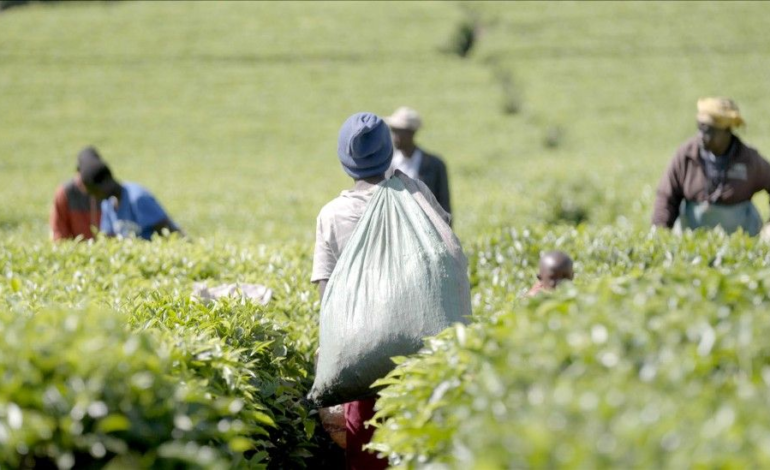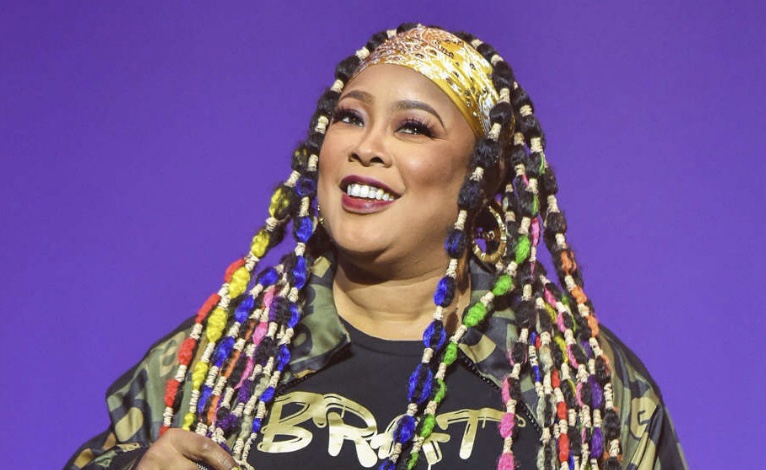
Renson Mwakandana
An investigation into claims of sexual assault on tea plantations, which were made public by a BBC story, has been authorised by Kenya’s parliament. A committee of MPs has been mandated by Deputy Speaker Gladys Shollei to investigate the claims within two weeks.

The BBC discovered that in plantations run for years by two British corporations, Unilever and James Finlay, more than 70 women had been assaulted by their management. The businesses claim that the accusations have startled them. There have been four manager suspensions.
Beatrice Kemei said she viewed the program “in absolute disbelief.” The research, according to Kemei, the woman representative for a tea-growing region in Kericho county, showed how sexual harassment is “entrenched” at “tea multinationals operating in our country.”

Beatrice Elachi, a member of parliament, expressed regret that similar instances continued to occur. “Today is a very difficult day for me as a woman, leader and citizen of Kenya. Today I’ve been reminded that slavery still exists in this nation; I cannot explain how a man has violated women in tea plantations for 30 years and nothing has been done,” she stated.

In the BBC probe, one lady claimed that her boss had given her HIV after pressuring her into having sex with him while another lady said that a divisional manager forced her to have sex with him or risk losing her job.
A recruiter with James Finlay & Co. brought a BBC undercover reporter to a job interview as a job seeker. It turned out to be in a hotel room, where the recruiter, who had worked on Finlay’s plantations for more than 30 years and had already been reported as a “predator” by a number of women who talked to the BBC, held her up against a window and demanded that she undress.
Tesco, a British grocery store giant, said it takes the accusations “very seriously” and is in “constant dialogue” with Finlay’s to make sure “robust measures” are implemented.

Another supermarket chain, Sainsbury’s, responded to the BBC report by saying, “These horrific allegations have no place in our supply chain.” In a new, updated statement released on Monday, it promised to “take rigorous steps to secure employees” in its “tea supply chain.”
On Monday, Starbucks also released a statement in which it expressed its “deep concern” and stated that it has taken “immediate action” to stop buying from James Finlay & Co. in Kenya.
The manager had been fired, according to James Finlay & Co., who also reported him to the police. The corporation stated that it was looking into whether sexual assault was “an endemic issue” in its Kenyan operation. The business’s new owner, Lipton Teas and Infusions, announced that two managers had been suspended and that a “full and independent investigation” had been mandated.






1 Comment
Great reporting!
While on this, why is Kenyan tea sent abroad for packaging 📦? Why can’t the packaging & additional processing be done locally to create more employment opportunities???